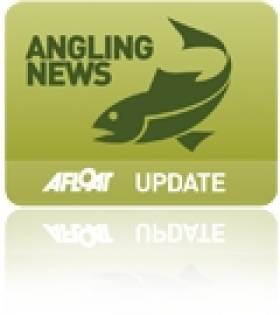Displaying items by tag: deep sea fishing
Catching Your Dinner Off the West Coast
Deep sea fishing is alive and well off the west coast of Ireland, and not only is it a hugely enjoyable sport - just one catch can be enough to feed the whole family.
That's what The Irish Times' Elizabeth Birdthistle discovered in the last of her series on catching your dinner in Ireland.
Birdthistle set out for the waters off Inis Boffin with John Brittain, who has been skippering his angling boat Bluewater for 20 years for the charter fishing season between April and October.
The boat takes up to 12 anglers who are more than eager to pay €70 a head to catch large cod, pollack and mackerel in abundance. Even novices are welcome, as the fee covers all rods, tackle and tuition.
Squid and octopus are also on the cards, as are some larger quarries such as sharks and ray - though these can only be fished in a tag-and-release programme. Smaller catches also get thrown back to propogate.
"The biggest shark caught here weighed 150lbs," writes Birdthistle, "and, as with all sharks caught, Brittain must tread with caution to release the giant hook or else the shark returns to the deep with part of his hand.
"The tagged sharks have been caught as far away as the Grand Banks off Newfoundland and the Cape Verde islands."
The Irish Times has more on the story HERE.






























































